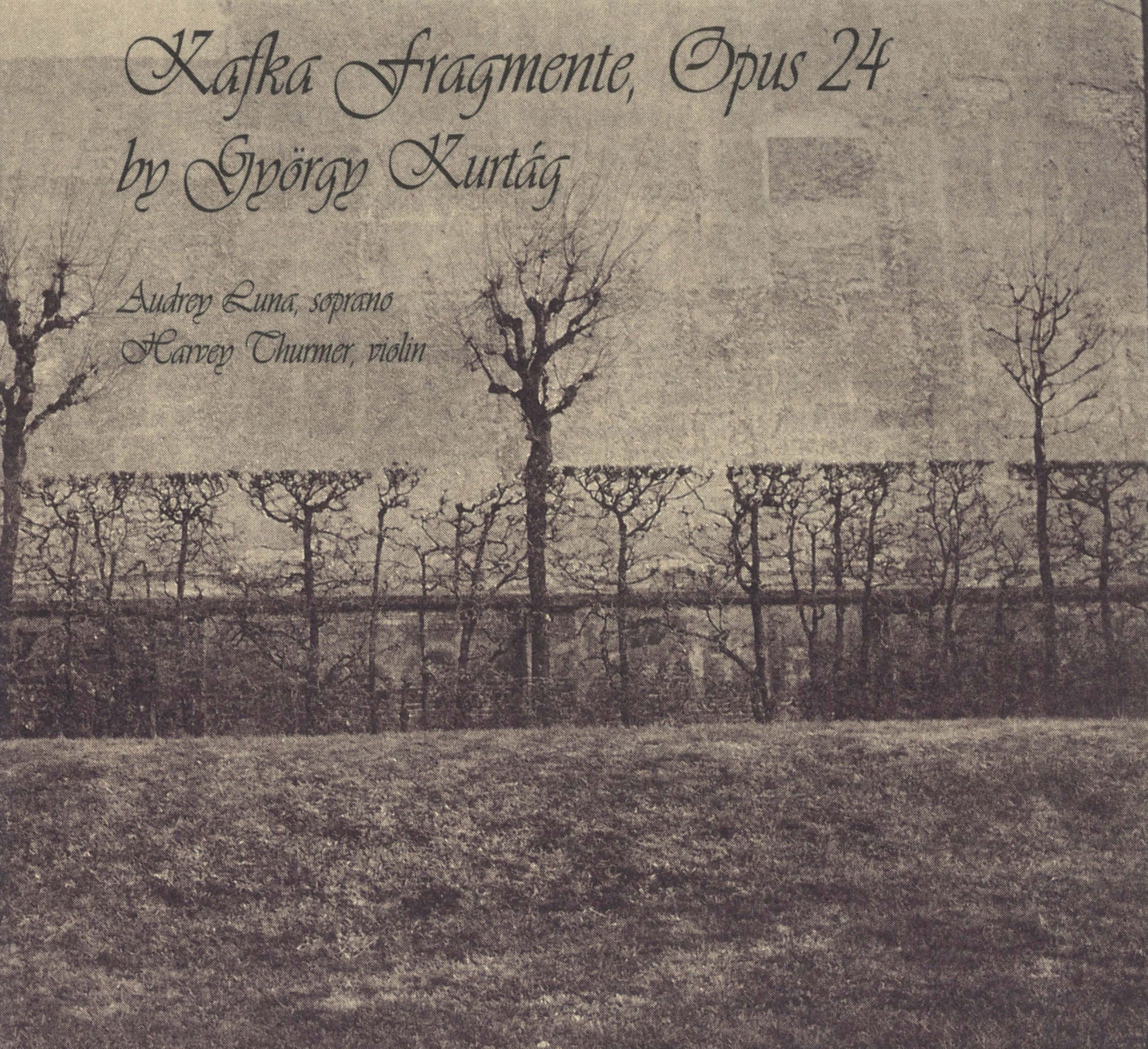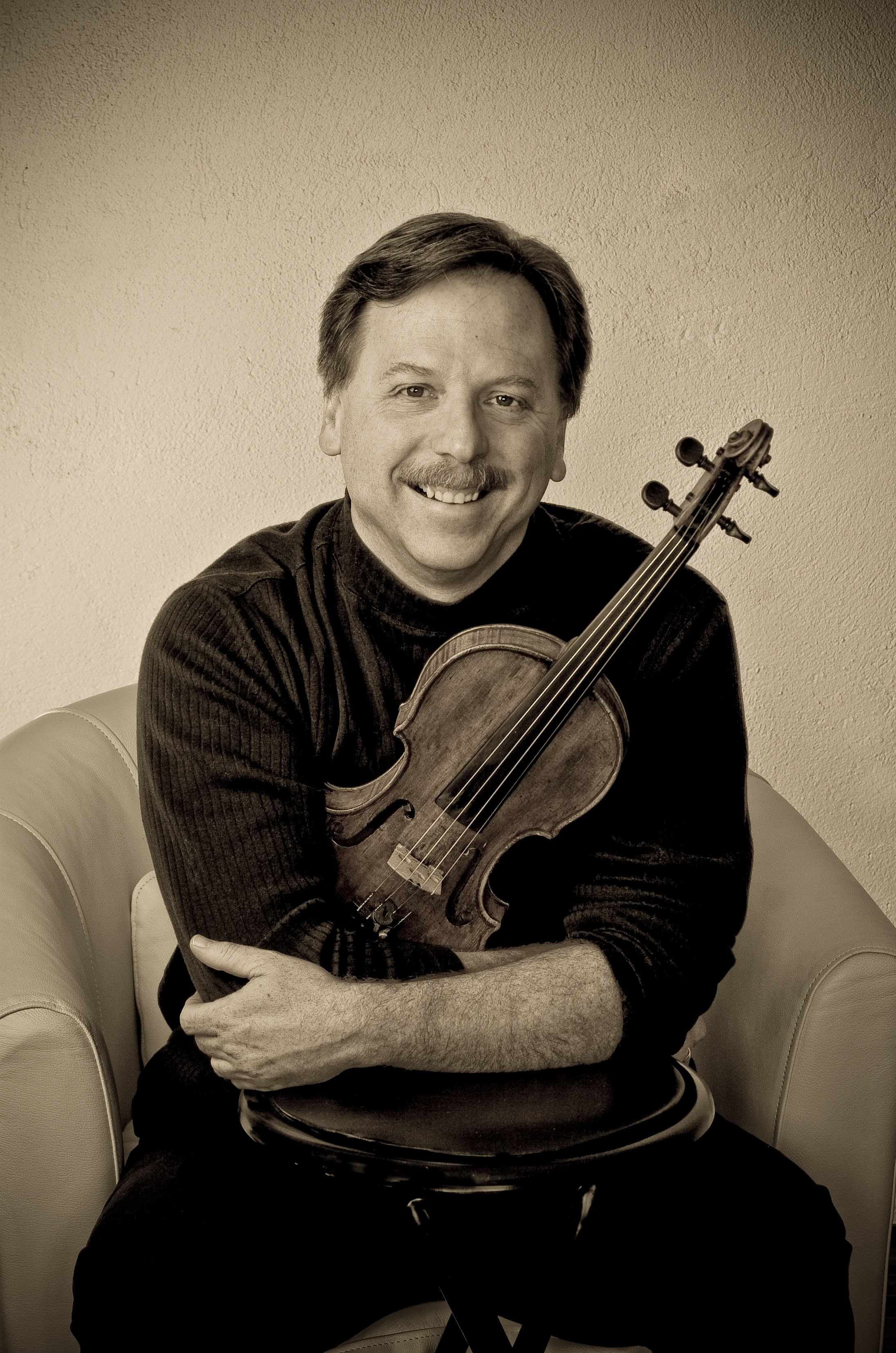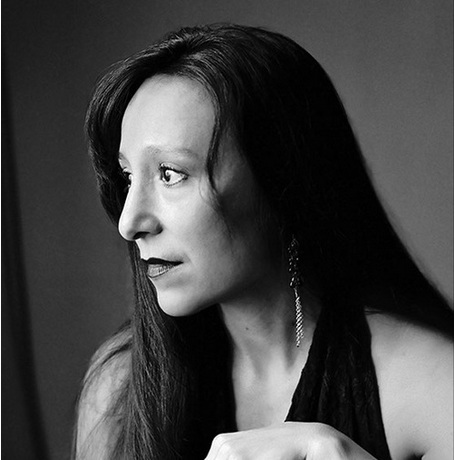Violinist Harvey Thurmer and soprano Audrey Luna: Kurtág/Kafka Fragmente — interview/review
Contact Harvey Thurmer to buy the CD: Thurmehp@miamioh.edu
Read Harvey Thurmer’s biography
Visit soprano Audrey Luna’s website
Watch Harvey Thurmer’s lecture recital Music in the Shadow of Stalin and read my review of the video performance
In 2003 violinist Harvey Thurmer and soprano Audrey Luna prepared and recorded Romanian-Hungarian composer György Kurtág’s esoteric masterpiece Kafka Fragmente, Opus 24 (1987) a series of 40 splintered word phrases by German Jewish novelist and short story writer Franz Kafka (1883-1924) set to music. Kafka Fragmente focuses on the author’s bleak world view and sheds light on his enigmatic and often troubling stream of consciousness writing. Despite its inescapably dense intellectual nature and extreme musical difficulty, Kafka Fragmente has earned the composer kudos as one of central Europe’s important contemporary minds. Opus 24 ranks among the most performed and recorded in Kurtág’s chamber music portfolio.
Audrey Luna’s vocal repertoire is broad and operatic, but her voice - clean, perfectly pitched, richly colored and elastic as the universe - affords her opportunity to successfully specialize in contemporary chamber music as well. This recording illustrates her unique capabilities and stamina, stretching vocal technique and color to virtuoso limits in achieving Kurtág’s visionary expectations. Harvey Thurmer’s spot-on sense of pitch and nuanced dynamic capability, his encyclopedic command of the violin’s host of special effects and his intuitive understanding of the composer’s intention and purpose give him ample chops on this CD to realize Kurtág’s challenging writing for the instrument and garner bragging rights as a contemporary music interpreter of unusual empathy snd strategic worth.
Divided into four sections, many of the 40 sound miniatures are less than a minute in length yet define, often eloquently, Kafka’s existential predilections about human character, not just the thinking subject, but the acting, feeling, living human individual. Though Kafka’s word bites are often cynical and isolating - Someone tugged at my clothes, but I shook him off, or I will dive into my story even if that should lacerate my face - there is in Kurtág’s pointillist writing for the violin and imaginative vocal soliloquy an awareness of vulnerability that penetrates the listener’s soul and speaks to our collective frailties.
Kurtág uses the fiddle as talisman, mood setter and meditative presence beneath the text shards, shifting colors and harmonic densities as the words dictate. Luna’s voice ranges comfortably over a huge tactical, technical, musical and notational terrain often fraught with hazards, which she nimbly addresses and makes part of her diverse narrative.
One fragment in particular, Sunday, 19th July 1920 sums up Kafka’s incredibly bleak verbal pointillism: Slept, woke, slept, woke, miserable life. Kurtág’s writing here is fascinating and difficult for the violin, the mantra of Kafka’s discontent intoned with luminous clarity by Luna. Kafka Fragmente isn’t everyone’s cup of tea, but this recording by violinist Harvey Thurmer and soprano Audrey Luna is definitive.
Daniel Kepl | Performing Arts Revew

Soprano Audrey Luna and violinist Harvey Thurmer - their 2003 recording

Daniel Kepl chats with violinist Harvey Thurmer


Soprano Audrey Luna